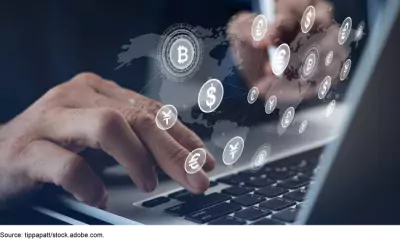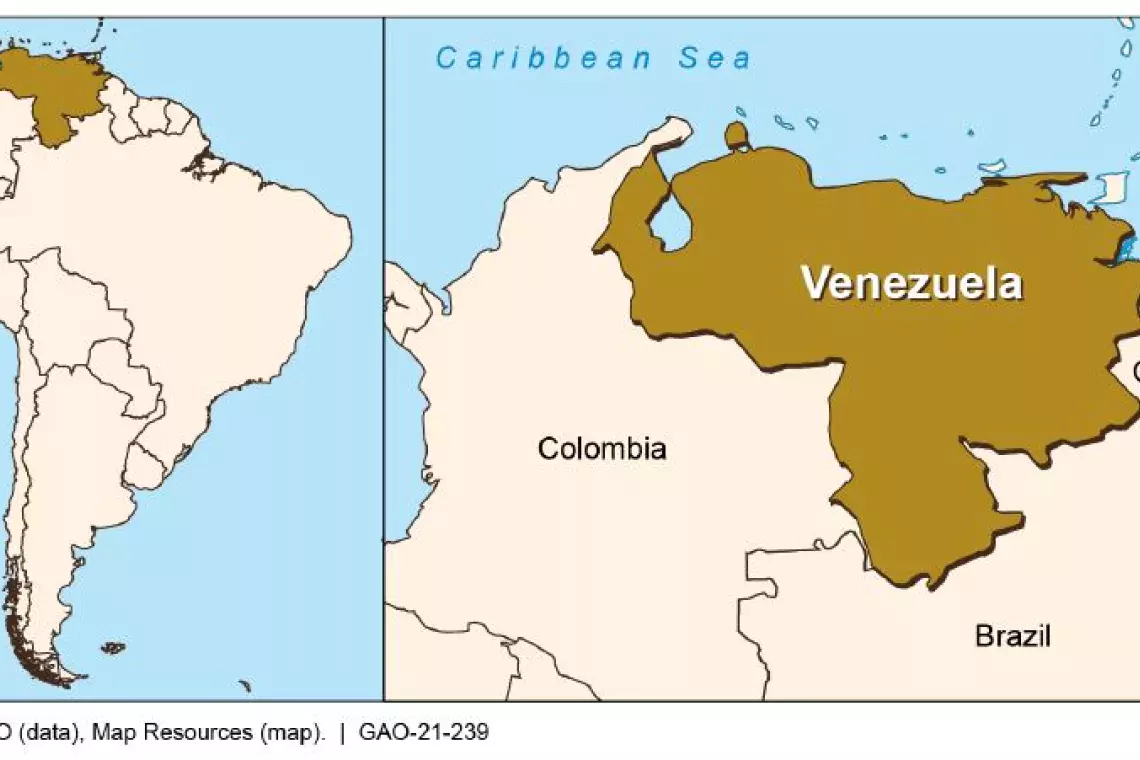As Virtual Currency Use in Human and Drug Trafficking Increases, So Do the Challenges for Federal Law Enforcement
Federal data indicate that virtual currencies—for example cryptocurrencies—are increasingly being used in illegal activities, such as human and drug trafficking. The use of virtual currencies has added to the challenges federal law enforcement face when trying to prevent and discover these crimes.
In today’s WatchBlog post, we look at our recent reports about what the federal government is doing about this growing issue, and our recommendations to improve this response.
Image

The increased use of virtual currencies and online marketplaces in trafficking
Drug and human traffickers use virtual currency and peer-to-peer mobile payments because transactions are somewhat anonymous, making detection more difficult. For example, virtual currencies are being used more often on platforms that could facilitate sex trafficking. Specifically, in a June 2021 report, we found that 15 of the 27 online commercial sex marketplaces that we examined accepted virtual currencies. Also, virtual currency ATMs—stand-alone machines that facilitate buying, selling, and exchange of virtual currencies—can be used for illegal activities such as laundering drug trafficking proceeds.
Online marketplaces are also increasingly being used for sex and illegal goods trafficking. These marketplaces are sometimes located on the “dark web,” a hidden part of the internet where users access sites using specialized software (e.g. Tor) to connect to buyers and sellers. The dark web can provide some anonymity and limit the risk of detection by law enforcement. In contrast, data from surface web platforms (e.g. Google, Bing) are available to the public and law enforcement.
To learn more about how virtual currency kiosks work and the challenges in tracking them, check out our podcast with GAO’s Gretta Goodwin and John Pendleton.
How is the federal government combating the illicit use of virtual currencies?
Several federal agencies are tasked with investigating and prosecuting trafficking cases that involve online marketplaces and virtual currency. These include federal law enforcement entities inside the Department of Justice (DOJ), such as the Drug Enforcement Administration (DEA) and Federal Bureau of Investigations (FBI), as well as the Department of Homeland Security (DHS). Other agencies, including the Department of the Treasury (Treasury), support investigations of trafficking cases. Some of their recent actions and investigations included:
- In 2016, DHS’s Immigration and Customs Enforcement’s Homeland Security Investigations and the Secret Service identified and seized $1.2 million from a trafficker’s virtual currency wallet.
- In 2020, an investigation by Treasury’s Internal Revenue Service Cyber Crime Unit helped shut down Helix, a dark web platform that laundered money for drug traffickers.
- Treasury’s Financial Crimes Enforcement Network (FinCEN) issued guidance to help financial institutions detect trafficking activity that involved virtual currencies.
- Federal banking, securities, and derivatives regulators oversee financial institutions’ compliance with Bank Secrecy Act/Anti-Money Laundering (AML) requirements, including their reporting of suspicious activities, such as potential trafficking. Law enforcement agencies use these data to investigate potential criminal activity.
Because many virtual currency transactions are permanently recorded on public blockchains, DOJ and other law enforcement agencies use blockchain analytics tools to investigate illegal activity. As we discuss in our February 2022 report, these tools use machine-learning algorithms to analyze behavioral patterns, interpret information on public blockchain ledgers, and create large databases of transactions that help identify payments associated with specific virtual currency wallets.
However, criminals’ use of privacy technology that obscures the movement of funds across the blockchain and some market participants’ noncompliance with AML requirements can make it harder to track some illicit transactions.
To help improve government monitoring of virtual currency use in human and drug trafficking, we recommended in our December 2021 report that FinCEN and IRS review certain registration requirements for virtual currency exchanges and administrators that operate virtual currency ATMs. Based on that review, FinCEN and IRS should make any needed updates to these requirements to enhance their oversight. By reviewing and improving these requirements, FinCEN and IRS can better prioritize their resources on high-risk virtual currency ATM locations and help law enforcement better target their investigations.
- Comments on GAO’s WatchBlog? Contact blog@gao.gov.






